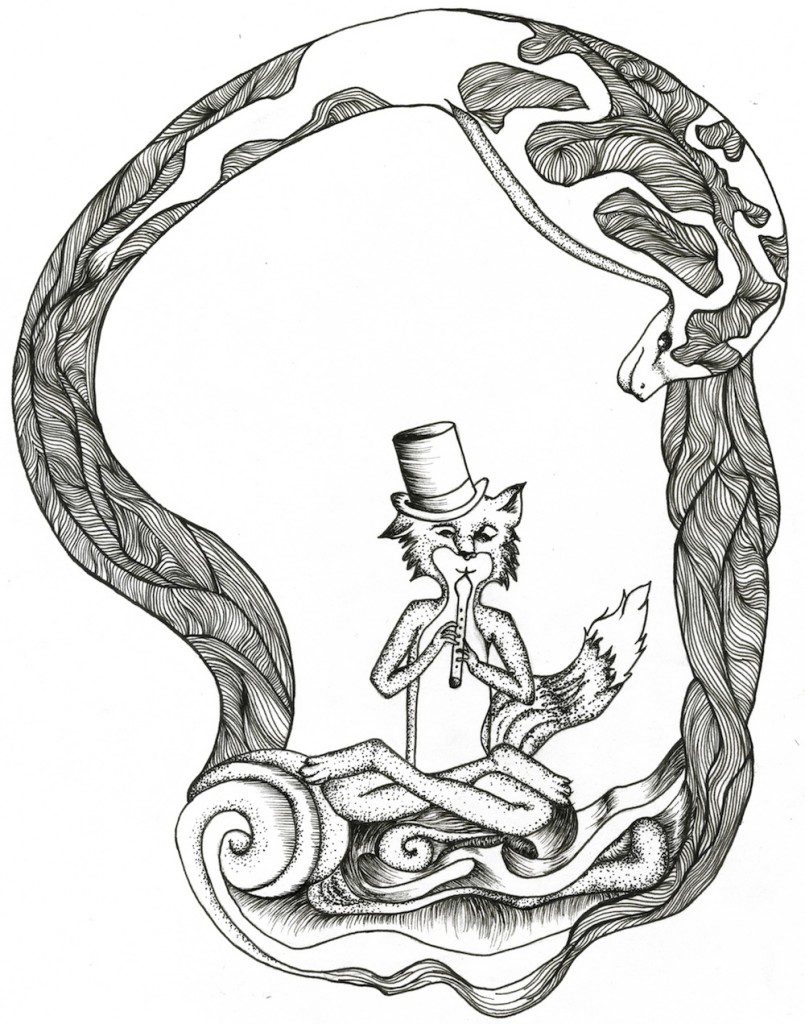Sam Rocha is a phenomenologist teaching at the University of North Dakota, and I have the pleasure of writing for Dear Patheos at his side. This Mexican guitar player is responsible for a revolution in my personal love-affair with philosophy, one that freed me to recognize the limits of argument and the necessity for, well, show-and-tell — to see art, poetry, music and story-telling as equally valid conduits for truth as essays and syllogisms. (Also, he kicked my ass for relying on etymology to determine the meaning of words.)
He’s written a book for his students and anyone willing to be taught. It’s called “A Primer for Philosophy & Education,” but I recommend it not so much for his clear instructions regarding the mode to take for learning, and learning well, but for his admonishments on how not to learn:
Do not be fooled into thinking that knowing a lot of trivia or data — such as bits and pieces of information about philosophers — amounts to a serious familiarity with philosophy. Erudition is not necessary for original philosophy.
Education cannot be institutionalized or corralled…Beautiful teaching requires an explicit, philosophical interest in education–in the widest sense. A gifted teacher always sees more to things than the institution or the profession dictates. Any teacher worthy of the name sees the person.
Rocha develops an introduction to a thick, warm, intensely human way of approaching philosophy, in which we should “try to understand the difference between information-knowledge and wisdom-knowledge, between knowing about something and knowing something, the limits of knowledge and the excess of understanding.” He takes up Husserl’s cry — “back to the things themselves” — and places an immense value on description:
Do not mistake words for things…Always ask what thing any given word is attempting to describe.
Good philosophy and education both show things. Mediocre philosophy and education only say things. Bad philosophy and education accomplish neither.
Philosophy should ultimately show something that matters. I think the book is far too short, but maybe that’s the point — it forced me into my own conclusions. For instance, Rocha makes the incredible argument that “understanding is beyond the scope of knowledge because it requires more than knowing, it requires being–being in love,” and then all but leaves me to wrestle with the immense implications. I think this primer is perfect for those who want to enter into philosophy, but find themselves intimidated by the overwhelming vocabularies, the huge scope of philosophical history, or the sneaking suspicion that philosophy has nothing to do with life. Rocha confirms what every ennobling philosopher confirms, that philosophy is ultimately a human project, a fulfillment of the person and a road to growth and personal blossoming. His book is available on Amazon.












